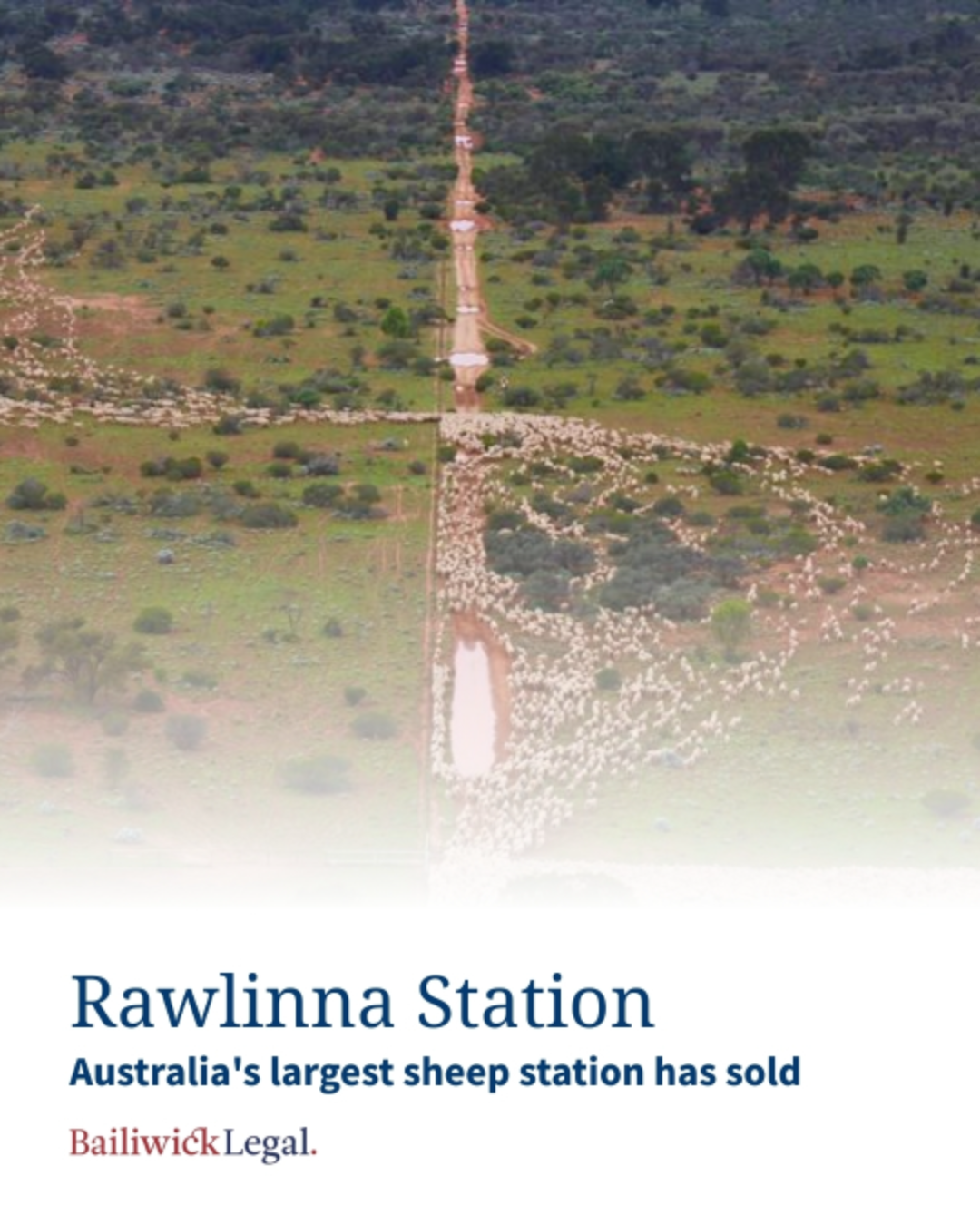What should you put in a written agreement?
February 19, 2026
Author name
An employment agreement exists within every employment relationship, however, without a written employment agreement, uncertainties may arise as to the rights and obligations of both parties. Having assisted many clients with employment related disputes, usually at the end of the relationship, we understand how important it is that both parties are clear about their rights and obligations from the beginning.
Is a written employment contract necessary?
We believe that your employees are a great asset to your business; they can ensure your business goes from strength to strength. However, with any opportunity there is also risk. An employee that does not perform well will eat into your time and any profits, may threaten your business’ reputation, and may leave you vulnerable to the risk of legal action by a third party.
Very few businesses would make a major investment in equipment without a written agreement in place to help protect the business in case the equipment is faulty or doesn’t do what it should, so why take this risk with your staff?
First and foremost, by writing down your expectations and requirements, as well as how the parties should deal with any problems that may occur, you are making sure both you and your employee are on the same page. Without a written contract, oral and implied terms may be relied upon by either party, bringing uncertainty into the relationship.
This article in our Bailiwick Workplace Series will provide guidance about some of the terms that we recommend to include in your written employment agreements. This is of course not exhaustive and we always recommend that a legal professional draft or at least review your employment contract prior to proving it to your employee.
Key Terms to think about:
1. Remuneration
One obviously important term required is to set out what an employee will be paid.
Minimum remuneration may be set by an award or industrial agreement, or you may need to refer to the applicable national or State minimum wage. If you are unsure as to any minimum terms of employment, including minimum wage, there are resources available to assist you through both:
- the Fair Work Ombudsman website: https://www.fwc.gov.au/awards-and-agreements/minimum-wages-conditions, for federal system employees; and
- the Department of Mines, Industry Regulation and Safety: https://www.commerce.wa.gov.au/labour-relations, for State system employees.
Many of the queries we receive involve minimum remuneration rates and how these are calculated, and we are happy to assist if you find this issue confusing or want reassurance that you are meeting your minimum obligations.2. Role and Responsibilities
We are often approached by employers who are involved in a dispute about why an employee was dismissed. One reason that is often cited is that the employer believes that the employee has not performed their role to a satisfactory standard. However, if the employee and employer are not clear in the beginning as to what is expected of the employee, it can then be difficult to justify a dismissal based on unsatisfactory performance.
Even if a dispute does not ensue, an employer will struggle to achieve the best from an employee if that employee is not clear on the scope of their role.
If the role changes over time, an amended agreement or position description should be prepared.
3. Restraint of Trade/Confidentiality
How important is protecting information, ideas and trade secrets (such as intellectual property) to your business? This is a question you should be asking prior to engaging an employee to work within your business.
A confidentiality clause can protect your business by ensuring that employees keep your information, including intellectual property, private and confidential throughout the employment and after the employment relationship ends.
A properly drafted restraint of trade clause can prevent an employee from performing work or from joining a competitor or becoming a competitor after the cessation of their employment. It is important to note here that there are limits on the enforceability of restraints based on how reasonable the restraint is in the circumstances. These limits are often around the geographical area of restraint and how long the restraint is for.
4. Notice of Termination
Another important clause to include in an employment contract is the period of notice required to terminate the contract. There are minimum requirements set by legislation, awards and enterprise agreement, and your employment contract cannot provide for less notice than these minimum requirements. The minimum notice period an employer must give is based on the employee’s continuous service with the business.
An important matter to note is that, if no period of notice is specified in an agreement, a ‘reasonable notice’ notice period will be implied into the contract. Even though a minimum notice period exists in legislation or an award, any implied notice period may be longer. The employee’s notice period may not automatically fall back to a minimum requirement if an agreement is silent on the issue of notice.
What is ‘reasonable’ can vary in different situations. If an employee wishes to be paid for a ‘reasonable notice’ period, the employee’s idea of reasonable may well be very different from their employer. As you may imagine, such a difference in opinion can lead to a costly and time-consuming dispute.
In your employment contract you should consider notice periods applicable under different circumstances, for example who is giving notice, is the termination a result of a breach of the agreement, or because the employee has acted in a way so serious that the employer may be justified in terminating the employee’s employment immediately and without notice.
Where next with your contract drafting?
Not all written employment agreements are created equal. At Bailiwick Legal we assist employers to avoid unnecessary risks when engaging an employee or varying the terms of employment. Having a well-drafted comprehensive contract, with clear terms, goes a long way to avoiding future litigation and disputes and maintain a happier workplace.
The five clauses mentioned in this article are just some of the employment terms to consider, however, they are by no means exhaustive.
Every employment situation is different, which is why using a standard template will rarely be as effective as engaging a professional to draft or review your employment agreement. Your employment agreement should reflect your business, your priorities and your unique relationship with your employee.
For further information in relation to employment contracts for your business or other assistance with your employment matters, please contact us on (08) 9321 5451. For further information about our legal services, please visit our website: https://www.bailiwicklegal.com.au/
The above information is a summary and overview of the matters discussed. This publication does not constitute legal advice and you should seek legal or other professional advice before acting or relying on any of the content.

Bailiwick Legal has been honoured to support Forever Wild over the past few years as they delivered one of the most significant conservation land acquisition programs undertaken in Western Australia. Our team assisted Forever Wild with the strategic purchase of four pastoral stations, Narndee , Boodanoo , Meeline and Challa , transactions that now connect three State Reserves and protect more than 12,000 square kilometres of land. To put that scale into perspective, the combined area is approximately five times the size of the ACT and nearly one-fifth the size of Tasmania . Navigating complexity at scale These were not straightforward property transactions. Each acquisition involved: Multiple pastoral leases Layered regulatory and approval pathways Significant operational and on-ground assets Numerous stakeholders across government, industry and land management Our role was to guide Forever Wild through this complexity with clarity, precision and confidence, ensuring each transaction progressed efficiently while managing risk and safeguarding long-term objectives. “ Forever Wild is creating a world-leading model for nature funding that demonstrates we can manage viable, working pastoral stations whilst also restoring and protecting local ecological flora and fauna, and engaging and supporting Indigenous people and local communities. Complex & challenging, but this initiative could literally change the world .” Jessica Brunner - Director, Bailiwick Legal A growing and evolving legal landscape Large-scale conservation acquisitions sit within an emerging and increasingly complex legal field , intersecting land tenure, pastoral regulation, environmental frameworks and commercial considerations. These matters demand a deep understanding of both the legal mechanics and the practical realities of operating in regional and remote Australia. Our team’s experience in agribusiness, pastoral land transactions and regulatory approvals allowed us to support Forever Wild at every stage, from strategic structuring through to completion. Proud to support leadership in nature finance Forever Wild is widely recognised as an industry leader and a steadfast advocate for nature finance initiatives , helping pave the way for greater accessibility and innovation in conservation funding and land stewardship. We are proud to have contributed our relationships, expertise and practical legal insight to help Forever Wild achieve its vision, and to have played a role, however small, in shaping a groundbreaking future for conservation in Australia. At Bailiwick Legal, we value the opportunity to work alongside organisations that are thinking long-term, acting boldly, and creating outcomes that extend well beyond the transaction itself. For assistance with all of your agribusiness needs, contact Bailiwick Legal on 08 9321 5451 or email office@bailiwicklegal.com.au For further information about our legal services, please visit our website: https://www.bailiwicklegal.com.au The above information is a summary and overview of the matters discussed. This publication does not constitute legal advice and you should seek legal or other professional advice before acting or relying on any of the content.

Bailiwick Legal Advises on Landmark Acquisition of Rawlinna Station by Consolidated Pastoral Company
Bailiwick Legal is proud to have acted for Consolidated Pastoral Company (CPC) in its successful acquisition of Rawlinna Station , Australia’s largest sheep station, located on the remote Nullarbor Plain in Western Australia. Spanning over 1 million hectares and running approximately 30,000 sheep , Rawlinna is an iconic pastoral asset with a rich legacy, having been held by the MacLachlan family’s Jumbuck Pastoral Company since its establishment in 1962. The sale marks the first change of ownership in over six decades and was finalised following formal approval from the Western Australian Government for the transfer of the pastoral leases. This transaction involved navigating: The transfer of three separate pastoral leases Coordination across multiple vendor entities Consideration of livestock and operating assets Fulfilment of regulatory and compliance requirements, including WA lease approval processes Bailiwick Legal is a boutique agricultural and regional law firm , proudly based in Perth and Bridgetown, Western Australia. Our role in this acquisition demonstrates that deep sector knowledge, local insight, and personalised legal support are crucial for agribusiness clients managing complex, high-value transactions. Our team, led by our regionally-based solicitor, Matilda Lloyd, provided end-to-end legal and strategic support, including: Due diligence on land tenure and operating assets Contract negotiation and preparation Advice on regulatory approvals and compliance Strategic coordination with CPC’s internal and external stakeholders to ensure a smooth and timely settlement We are honoured to have supported CPC in this milestone acquisition and look forward to watching Rawlinna’s next chapter unfolds. At Bailiwick Legal, we believe that regional expertise, deep industry knowledge, and relationship-based service remain essential to agribusiness success, no matter the scale. Congratulations to all parties involved, including the MacLachlan family, whose stewardship of Rawlinna leaves a lasting legacy in Australian agriculture. – The Bailiwick Legal Team Working alongside agribusinesses to grow, transition, and thrive . For assistance with all of your agribusiness needs, contact Bailiwick Legal on 08 9321 5451 or email office@bailiwicklegal.com.au By Matilda Lloyd (Associate) For further information about our legal services, please visit our website: https://www.bailiwicklegal.com.au The above information is a summary and overview of the matters discussed. This publication does not constitute legal advice and you should seek legal or other professional advice before acting or relying on any of the content.











